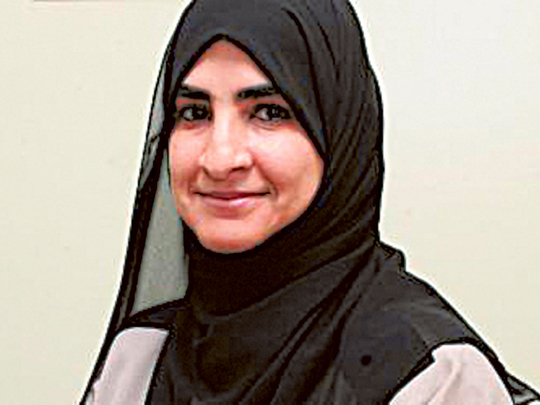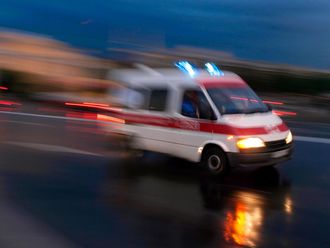
Muscat: A chemical pathologist in Oman’s Ministry of Health has succeeded in validating a new marker in early prostate cancer diagnosis.
Dr Safana Al Saidi worked with her team from the ministry, Sultan Qaboos University Hospital and the Research Council. The team worked under the supervision of Dr Waad Allah Mula, Professor in the Royal Hospital Clinical Biochemistry.
This new prostate specific marker is called -2 pro PSA.
The study included around 200 patients from the urology departments of two teaching hospitals in Muscat.
Unlike the conventional one, the new marker is more specific in diagnosing prostate cancer in its early stage. By introducing this new test, the patient could be diagnosed early and hence could get the proper management at a very early stage of the cancer.
In addition, the development could lead to a reduction in unnecessary prostate biopsies if the result of the new test is not suggestive of prostate cancer. The waiting list for the prostate biopsy procedure will therefore be shortened to include only patients who really need it based on the result of the new marker.
The UK-based Royal College of Pathologist has proved the finding and it will be announced on the coming August 7-9 during the Biomarkers Congress 2017, in Osaka, Japan. Dr Safana has received an invitation to participate with a working paper on the new study results.
There were 1,314 diagnosed cancer patients including 1,212 Omanis and 102 expatriates; 7.3 per cent of the cases were children below 14 years of age in 2015, according to the National Oncology Centre .
Cancer comes in second after coronary heart diseases as the most widespread disease among Omanis.
The most common cancers in Oman are breast, prostate, leukaemia, lymphomas, stomach, thyroid, prostate, colorectal, skin, liver and kidney.
Breast cancer was the most common cancer among women in Oman with 155 cases, while prostate cancer is the most common among men with 57 cases in 2015.
Oman spent more than six million rials (Dh57.24 million) on cancer medicines in 2015, according to the Ministry of Health.












